In 2017, the longest cycle of wartime in our nation’s history continues. Because of the advances in military medicine and the ability to quickly extract severely wounded from battle zones to major military trauma hospitals, tens of thousands of our soldiers, sailors, airmen and marines survive improvised explosive device (IED) attacks and other battlefield related injuries. High praise to these trauma medical teams for their dedication to developing new and innovative techniques to help save the lives of our troops. When the U.S. went to war, the reports that began to be received early on were about the “signature injuries” of Traumatic Brain Injury and Post Traumatic Stress Disorder (TBI/PTSD). New terms emerged during this time—polytrauma and polypharmacy.
One of the issues that is concerning is the dramatic increase and mixing of medications: According to a 2015 article in Medscape, people aged 65-69 years fill an average of 14 prescriptions per year and adults aged 80-84 years average 18 prescriptions per year. The British Medical Journal reported in 2016 that polypharmacy is the fifth leading cause of death and the reason for 28% of hospitalizations in 2014. The military and veterans’ medical establishment were overwhelmed with patients and a shrewd pharmaceutical industry actively engaged to increase the prescribing of antidepressants such as paroxetine, sertraline, fluoxetine, and venlafaxine; benzodiazepines such as alprazolam and clonazepam, and antipsychotics such as Seroquel and risperidone to our troops. Almost overnight the DoD was dealing with how to manage security clearances with personnel on psychiatric medications, something that had always been a disqualifier. At the same time, the American Psychiatric Association—the trade association for psychiatrists—was busy expanding their Diagnostic and Statistical Manual of Mental Disorders (The DSM). The updating process for both the fourth and fifth editions were fraught with controversies including financial conflicts of interest of at least half of the participants, a lack of transparency, and a lack of strong science supporting diagnostic criteria.
Some of the symptoms listed for PTSD are nightmares, trouble sleeping, anxiety, fear, feeling on edge, being easily startled, feeling sad, having low energy, being easily agitated, spontaneous crying, and avoiding activities that remind you of a traumatic event. There is further discussion that individuals with PTSD are at increased risk of suicide, suicide ideation, aggressive or risk taking behaviors including alcohol and drug abuse. It is estimated that 30% of Vietnam War Veterans and 20% of the Global War on Terror Veterans will be effected by PTSD. It is recognized that there is cross over in symptoms between PTSD and TBI.
Realistically, the Veterans Health Administration (VA) and the Department of Defense (DoD) were unprepared to address this flood of patients. They began trying various drugs and therapies and ramped up their research. By 2004, the VA and DoD came together to develop a Clinical Practice Guideline with the goal of creating continuity of care between the two systems and across their hundreds of facilities. The Guideline was updated in 2010 and includes drug recommendations for PTSD. In 2012, the leadership at the DoD became concerned about over prescribing of some medications and urged caution.
The current VA/DoD pharmacotherapy recommendations for PTSD are: SSRI antidepressants such as paroxetine, sertraline, or fluoxetine or SNRI such as venlafaxine; prazosin if nightmares are an issue. The recommendation goes on to suggest increasing dose and duration or switching to another SSRI/SNRI drug; or mirtazapine. If the SSRI/SNRI drugs are ineffective a switch to a tricyclic antidepressant is suggested, and if that does not work, the VA/DOD recommendation is to consider nefazodone, or phenelzine. This is polypharmacy. There are warnings for the later drugs having side effects. Additionally the recommendations include to consider a referral to specialty facility, “should the patient become suicidal, homicidal or clinically deteriorate to the point where they are unable to care for themselves.”
Once a primary recommendation, the 2010 report issued a warning against benzodiazepines: “Historically, benzodiazepines were the primary agent in PTSD treatment, particularly alprazolam and clonazepam. However, based on the limited data that are available, benzodiazepine administration should be used with caution (or discouraged) both in acute stress disorder (ASD) and post-traumatic stress disorder (PTSD), due to lack of evidence for effectiveness and risks that may outweigh potential benefits. Although benzodiazepines have been frequently used “as needed” and continuously for anxiety disorders, including to augment evidence-based treatment modalities in PTSD, there is theoretical, animal, and human evidence to suggest that benzodiazepines may actually interfere with the extinction of fear conditioning or potentiate the acquisition of fear responses and worsen recovery from trauma.
Once initiated, benzodiazepines can be very difficult, if not impossible, to discontinue due to significant withdrawal symptoms compounded by the underlying PTSD symptoms.”
A major concern for many is the heavy reliance on psychiatric drugs and polypharmacy, including SSRI antidepressants even after the FDA required the black box warning for increased suicide risk. The manufacturers are organized in their efforts through Big Pharma, making them a Legal Drug Cartel. The Attorney General in New York State sued GlaxoSmithKline for fraud in 2004 because the company made false claims. Another drug produced by Pfizer was found to be no better than a placebo. There are numerous allegations of scientific misconduct in the research and failures to report serious adverse outcomes.
The desire to increase profits and incentive driven marketing to physicians has led to over prescribing at the detriment of our military and veteran families. There is no drug that can restore a person to feeling safe. Because we still have this disconnection in medicine where behaviors are treated as a disease rather than as a symptom of something within the body I worry that by using the label of PTSD and prescribing medications for that label, that the medical community is missing other health conditions.
There are other reasons for the symptoms that are included in the PTSD label. They include brain damage caused by the medication given to military members to prevent malaria when being deployed to Africa and other regions where the disease is endemic. More importantly, and still not a topic of big discussion is that the symptoms of PTSD are also symptoms of concussion. Any member of the military who has bounced around in a Humvee or tank, or flown in a military transport may have had their brain jostled around. Being in a vehicle, close to an explosion, or firing a large caliber weapon may also jostle the brain. One does not have to have been in a combat zone to experience activities that can lead to a concussion.
While the VA and DoD have done some research in non-drug options including acupuncture, yoga, meditation, and cognitive behavior, only cognitive behavior has been recognized as having sufficient evidence of benefit to recommend system-wide. There are many therapies and practices that have merit, but for which no or insufficient research has been conducted; or for which an institutional bias continues to exist, even in 2017. These include most complementary therapies, like chiropractic, acupuncture, homeopathy, mind-body and detoxing protocols. Two safe and simple therapies that have not yet garnered support that I believe have therapeutic value are hyperbaric oxygen therapy at low pressure for whole body healing and sauna—a practice used by many cultures worldwide with evidence supporting its benefit.
At the end of the day, we as a nation can do better. The first step to doing better is acknowledging the reality that we cannot drug a person back to feeling safe.
Caveat – This is not medical advice, I am not a doctor, I am a policy wonk, but one who has spent thousands of hours looking over the research, reports, and stories as well as talking to military members and veterans. Someone who has been prescribing and is taking medication should not suddenly stop these medications, that may pose serious risks as well. Always work with qualified medical personnel in changing or ceasing medications.
Sources:
http://www.medscape.com/viewarticle/847187_2
https://www.ncbi.nlm.nih.gov/pmc/articles/PMC4908974/
https://www.stripes.com/expert-greatest-challenge-in-ptsd-recovery-is-completing-therapy-1.428501#.WLXKroWcF1N
http://www.hsrd.research.va.gov/for_researchers/cyber_seminars/archives/888-notes.pdf
http://articles.mercola.com/sites/articles/archive/2013/10/16/drug-commercials-misleading.aspx
http://content.karger.com/Article/Abstract/91772
http://www.cbsnews.com/news/controversial-update-to-psychiatry-manual-dsm-5-arrives/
http://www.usmedicine.com/agencies/department-of-defense-dod/potential-overuse-of-antipsychotic-drugs-for-ptsd-patients-is-under-review/
http://www.gao.gov/assets/320/315118.pdf
http://www.counterpunch.org/2012/05/25/the-mind-druggers/
http://www.psychiatrictimes.com/couch-crisis/polypharmacy-ptsd-and-accidental-death-prescription-medication
http://healthresearchfunding.org/polypharmacy-statistics/
http://www.ptsd.va.gov/professional/treatment/overview/clinicians-guide-to-medications-for-ptsd.asp
https://www.fda.gov/Drugs/DrugSafety/InformationbyDrugClass/UCM096273
http://www.healthquality.va.gov/guidelines/MH/ptsd/PTSDPocketGuide23May2013v1.pdf
http://www.healthquality.va.gov/guidelines/MH/ptsd/cpg_PTSD-FULL-201011612.pdf
http://www.naturalnews.com/001118_pharma_companies_the_FDA.html
http://abcnews.go.com/Health/Story?id=311956&page=1
http://www.newmediaexplorer.org/chris/2004/12/08/the_antidepressant_fraud_no_better_than_placebo.htm
http://www.militarytimes.com/story/military/2016/08/11/malaria-drug-causes-permanent-brain-damage-case-study/88528568/
http://www.vocativ.com/culture/science/new-frontier-ptsd-treatments-hyperbaric-oxygen-therapy/

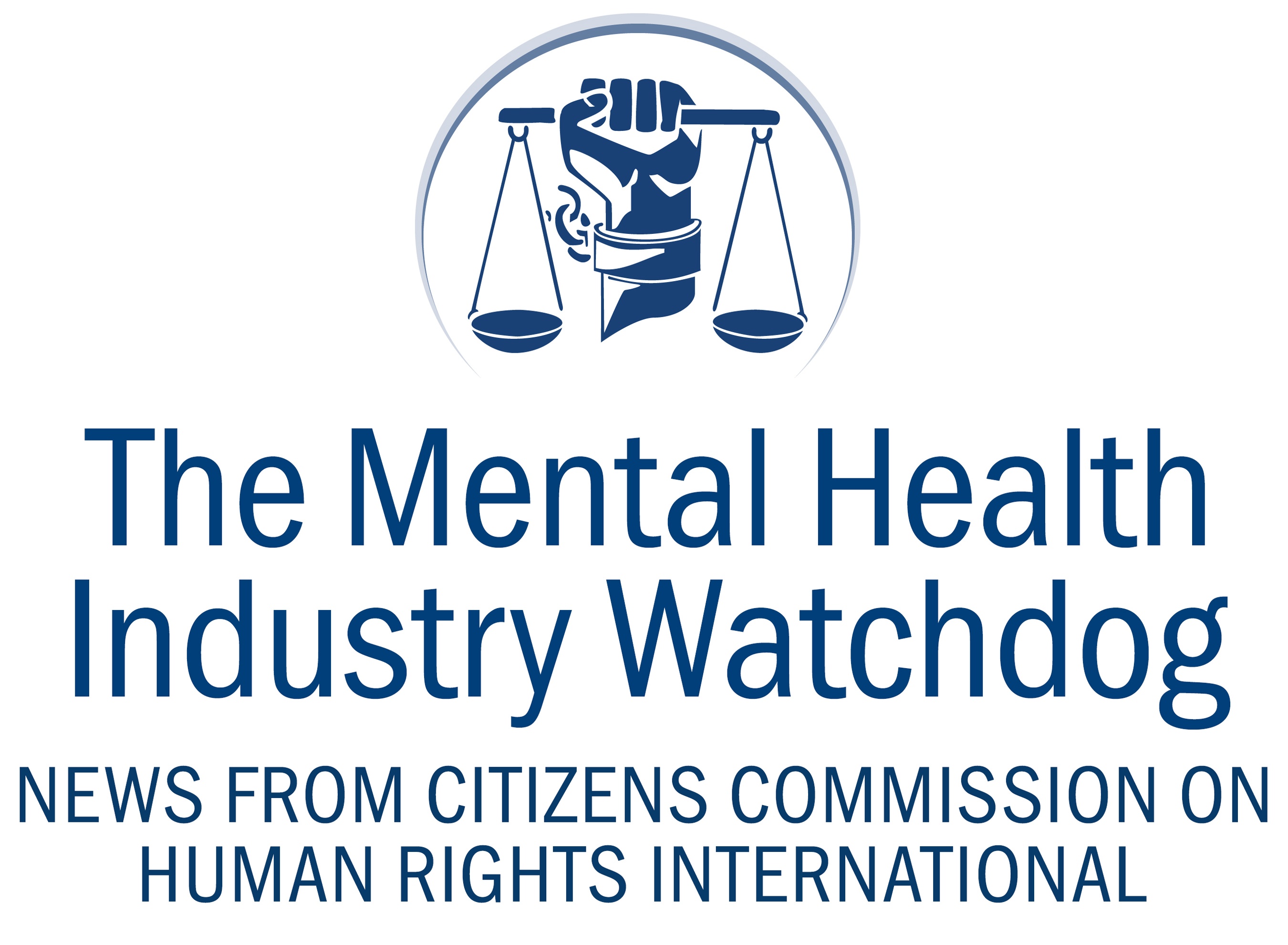
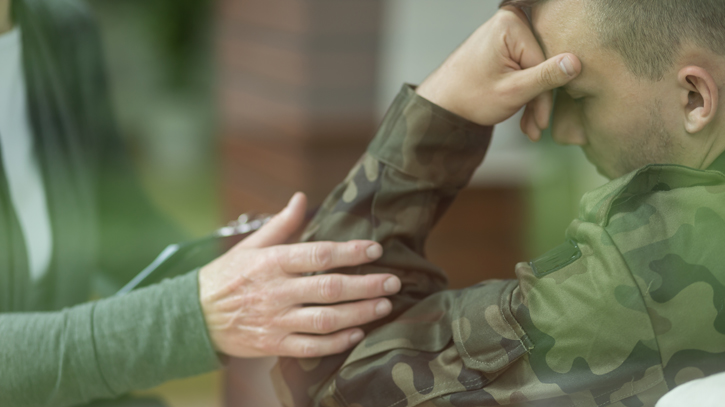
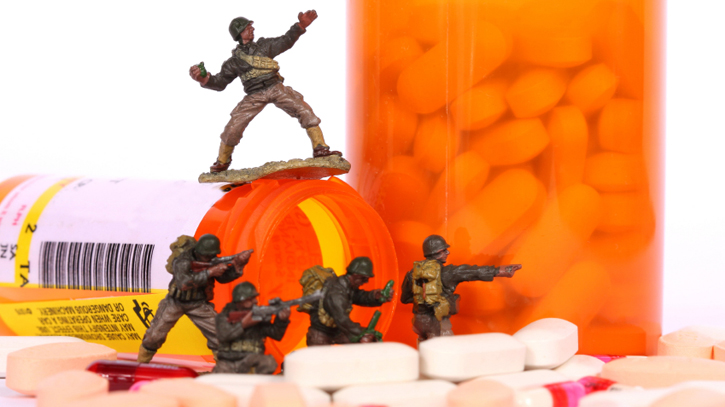

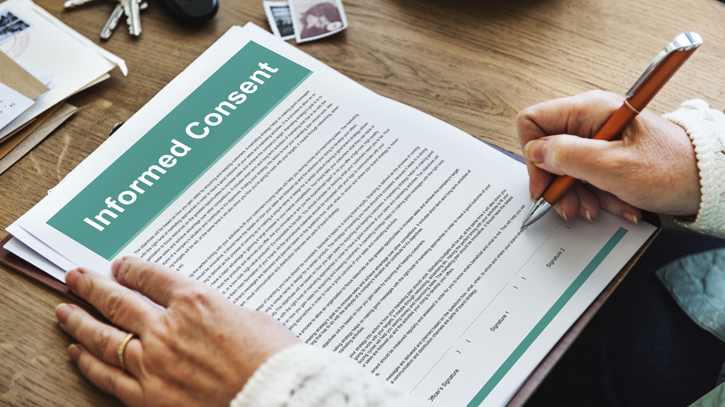
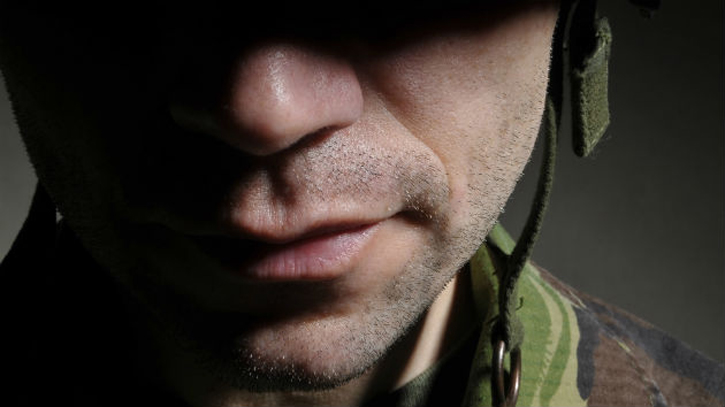

Leave A Comment
You must be logged in to post a comment.